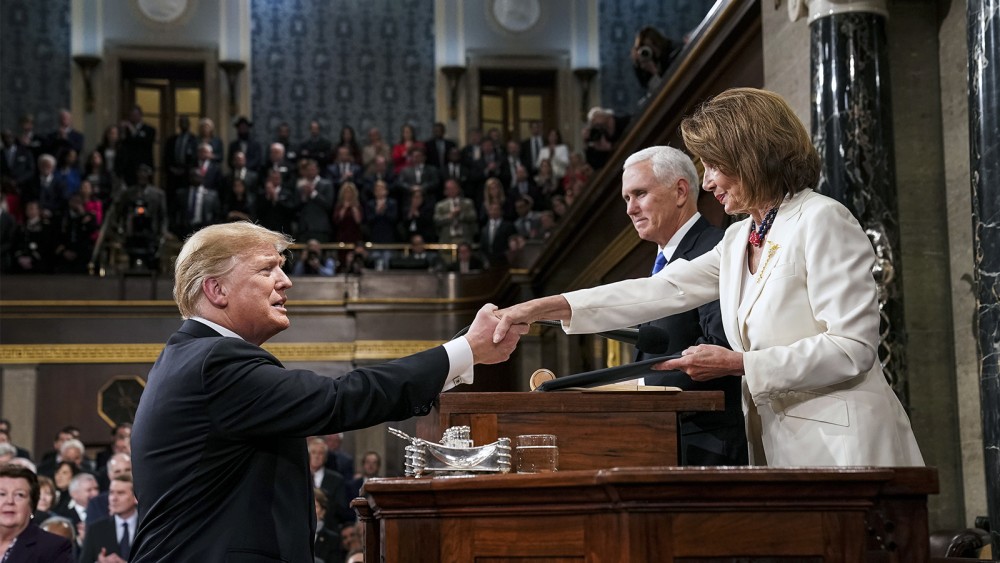One year before election, Christian leaders cross divides to call for respect

November 3 marked exactly one year until the 2020 US presidential election.
Christian leaders across theological and political divides used the occasion to kick off an initiative called “Golden Rule 2020: A Call for Dignity and Respect in Politics,” hoping the next 365 days won’t be a repeat of 2016’s divisive election season.
Representatives from conservative evangelical institutions like the National Association of Evangelicals and mainline denominations like the Evangelical Lutheran Church in America have signed on to a statement urging their members to pray for the healing of divisions in the US and to promote the golden rule in their political discussions and election activities over the next year.




